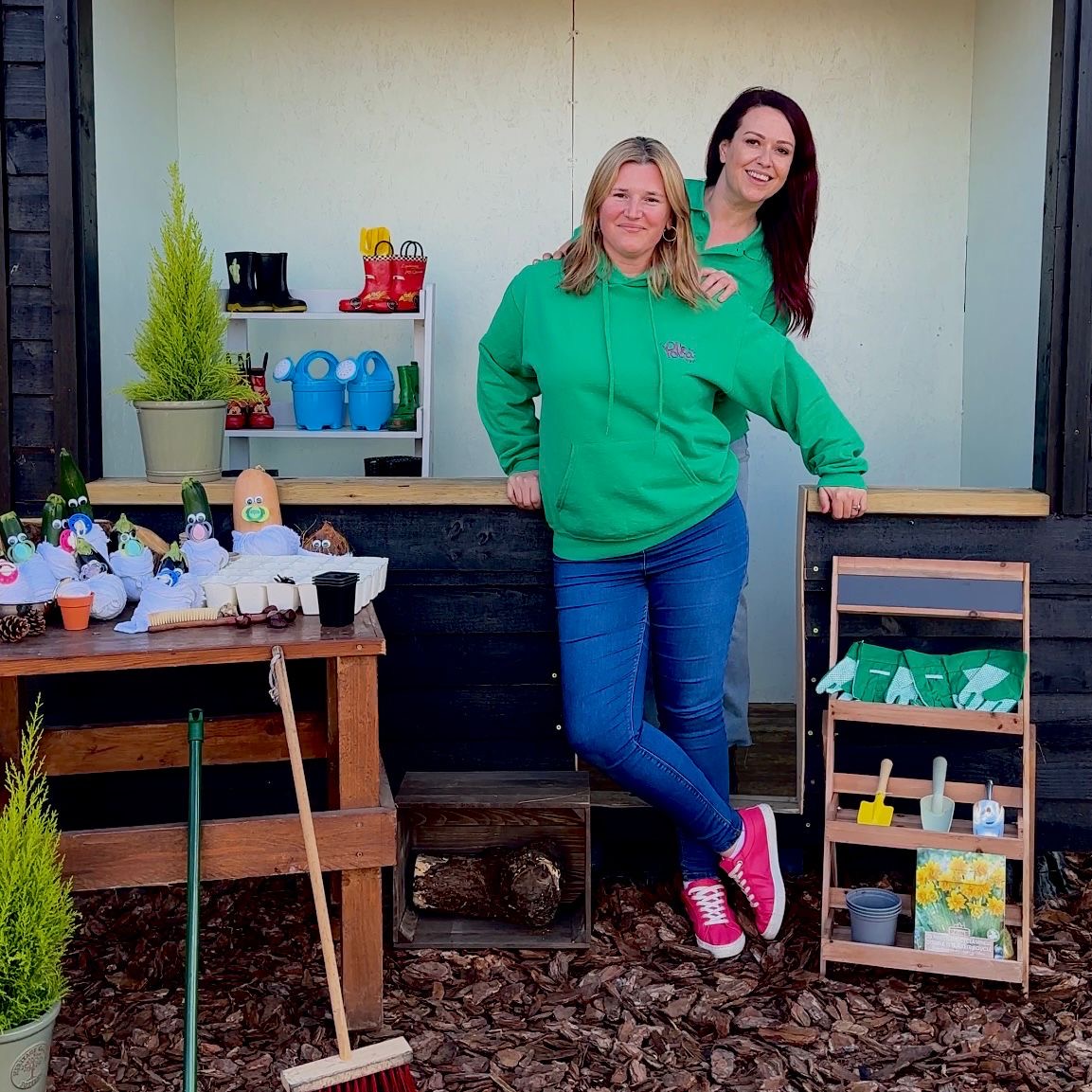
In the eight months since it opened, Polka Dot Farm in Billericay has built a ‘strong team’ thanks to its unique staff incentives and creative use of social media to attract new people.
The predominantly outdoor nursery in Billericay, Essex, employs 36 staff and has 201 children on roll.
Finding the right staff for the setting has not proved an issue, say owners Faye O’Rourke and Sian Millar, (pictured, right) who attribute their success to their lively social media posts, attractive employee incentives and the uniqueness of the setting. 
‘With the continuing recruitment and retention crisis, offering staff incentive packages is now a must. Both Sian and I have worked in the industry for 20-plus years, so when we launched the setting, we knew we had to offer something unique to attract staff, not just free pizza in the staff room every Friday,’ explains Faye, who says investing in early years staff is a must.
Register now to continue reading
Thank you for visiting Nursery World and making use of our archive of more than 35,000 expert features, subject guides, case studies and policy updates. Why not register today and enjoy the following great benefits:
What's included
-
Free access to 4 subscriber-only articles per month
-
Unlimited access to news and opinion
-
Email newsletter providing activity ideas, best practice and breaking news
Already have an account? Sign in here









